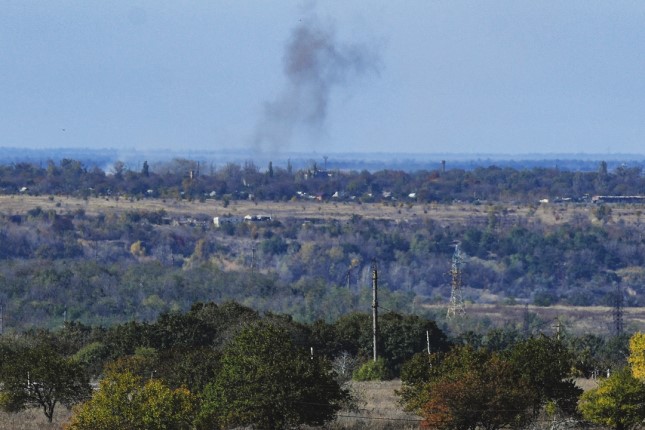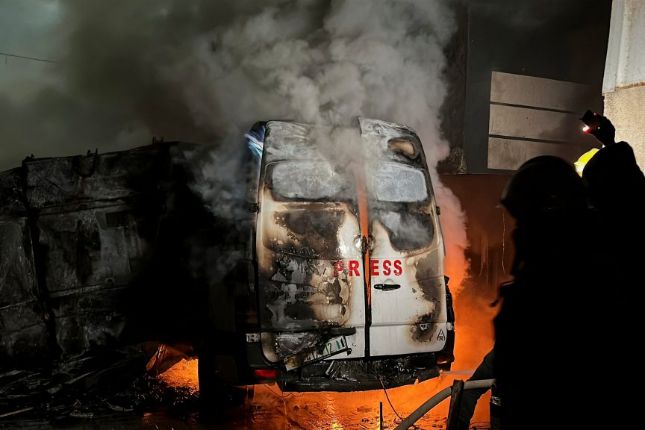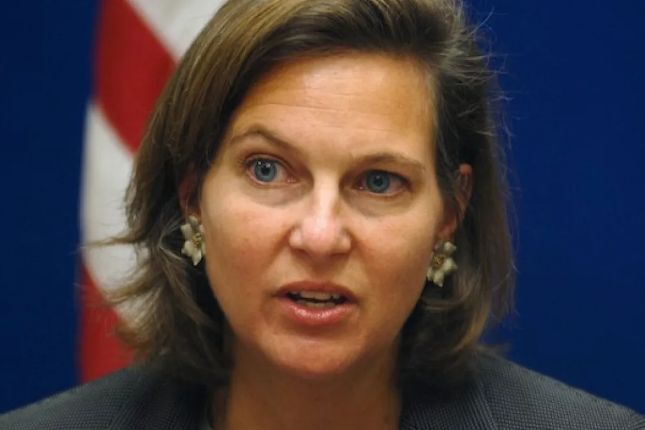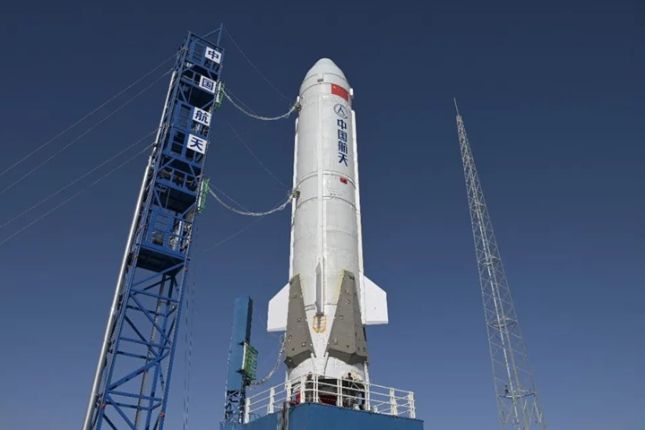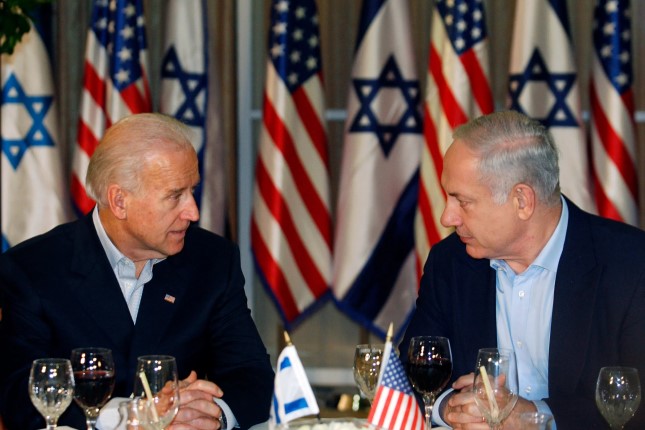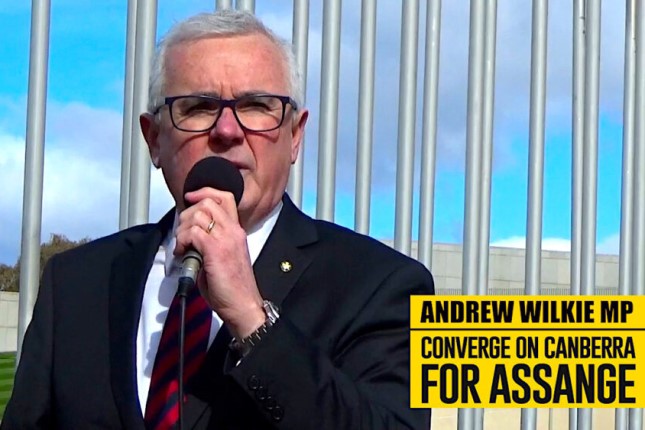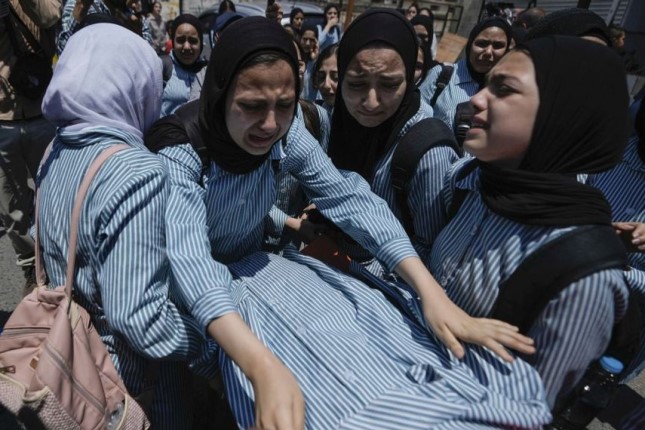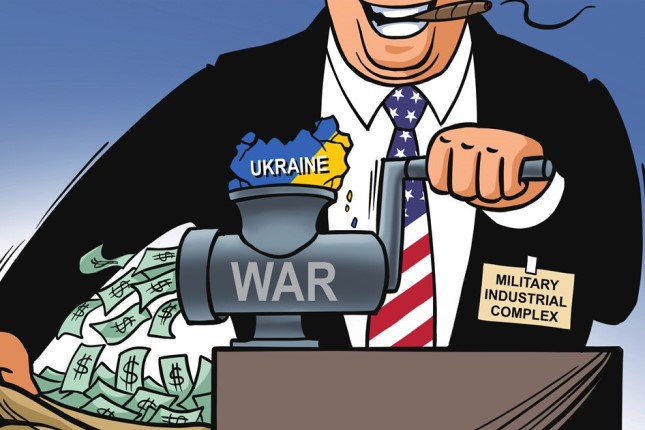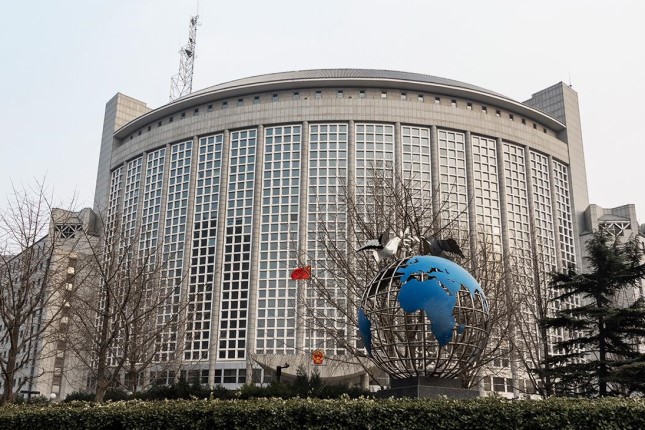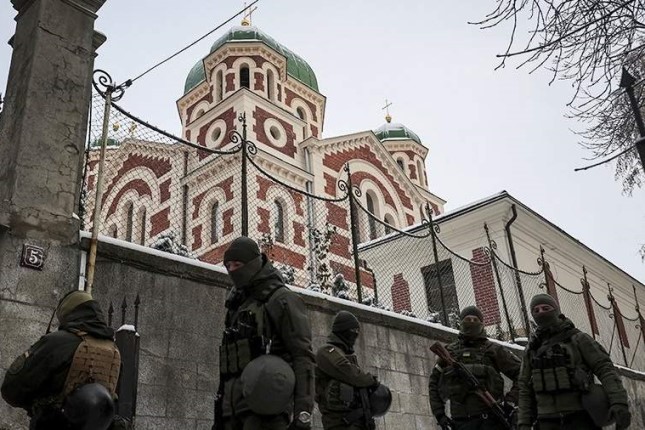A Russian military transport plane carrying 74 people, including 65 captured Ukrainian soldiers for a scheduled prisoner swap, crashed on Wednesday in a border region near Ukraine, according to media reports. Moscow has accused Kiev of shooting it down.
Shortly afterward, Russian Foreign Minister Sergei Lavrov called for an emergency meeting of the UN Security Council to discuss the matter. According to a French spokesperson at the UN, the meeting would be held later on Thursday.
Ukraine did not immediately confirm or deny downing the aircraft, but the country's President Volodymyr Zelensky urged an international investigation into what happened, accusing the Russians of "playing with the feelings of [Ukrainian] society," Reuters reported.
Russia's defense ministry said that Ukraine was aware of the prisoner exchange, which should have taken place on Wednesday at the Kolotilovka border checkpoint. But while confirming the planned swap, the Ukraine side said Russia did not ask them to ensure airspace security as they did on previous occasions, and had not informed them of what means of transport would be used or which route would be taken.
Cui Heng, a scholar from the China National Institute for SCO International Exchange and Judicial Cooperation, said that judging from the information released so far, it seems that Ukraine shot down a plane carrying its own citizens.
If this is confirmed, the Zelensky administration will face an unprecedented challenge from the public, whose anger toward their own government could even surpass their hatred for their enemy, Cui said.
Meanwhile, NATO on Wednesday kicked off its biggest military exercise since the Cold War, with a US warship departing for transit across the Atlantic to allied territory in Europe, VOA reported.
The military alliance has said some 90,000 troops will take part in the months-long Steadfast Defender 24 exercise, which is designed to "test its defenses in the face of Russia's war on Ukraine," the report said.
In response to the provocation, Russia's deputy foreign minister Alexander Grushko warned of a significant increase in the risk of "military incidents," saying the move further destabilizes the security situation.
"The NATO drill is a paradigm return to the military confrontation during the Cold War," Cui said.
It mainly serves two purposes, Cui noted. First, to show the collective strength of NATO members to deter Russia on the second anniversary of the Russia-Ukraine conflict; second, to demonstrate the group's cohesion so as to prevent internal dissent if and when Donald Trump or another right-wing European leader comes to power.
Observers warned that Moscow would certainly retaliate against such a provocation, and if the conflict continues to grow, it risks spiraling into a direct conflict between the two most powerful players in the world.
While Russia still has the ability to fight on with a complete internal supply cycle, the US-led West has already dragged itself to the point of exhaustion, as its arsenal reserves are not only being consumed in the Russia-Ukraine conflict but also the Israeli-Palestinian conflict, Cui said.
As a result, the spillover of conflict on the battlefield is unlikely, but an expansion of war propaganda could become a future trend, the expert noted.
Photo: Smoke rises above the area of the frontline town of Avdiivka, Ukraine on October 18, 2023 © AFP.
Source: The Global Times.
